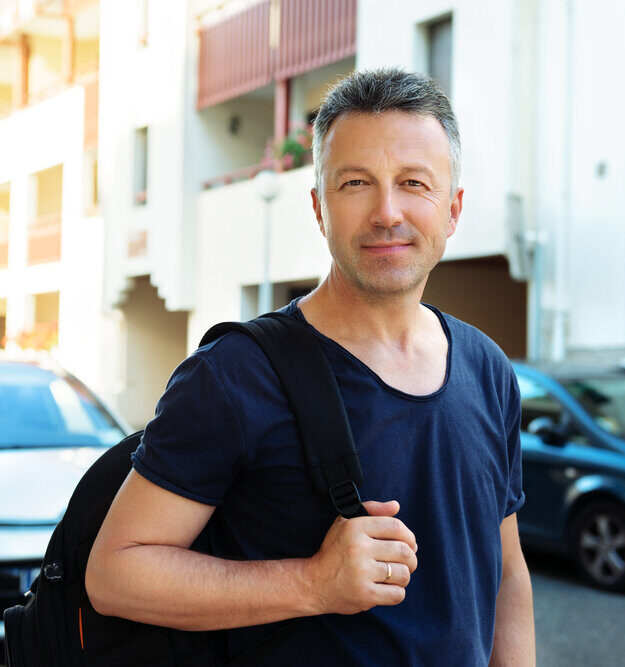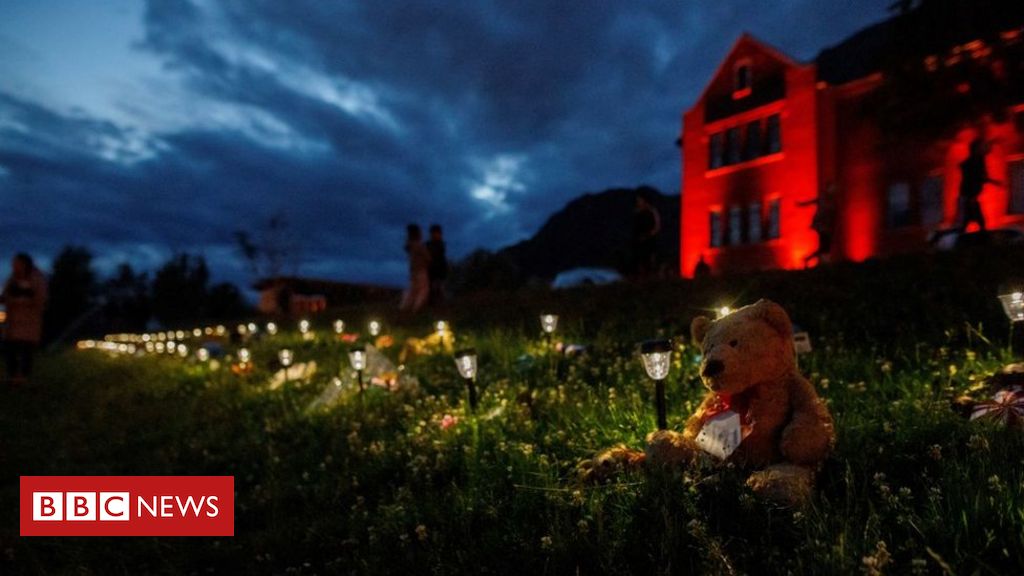Credit, Getty Images
A memorial to the victims has been improvised in front of a former Indian residential school in Canada.
An indigenous people in Canada claim to have found 751 previously unknown graves in a former school in Saskatchewan, one of the country’s provinces.
The Cowessess First Nation (an indigenous entity in the area) said the find is “the most significant to date in Canada.”
The information comes weeks after the discovery of the remains of 215 children. The bones were found at a similar school, but in the province of British Columbia.
“We are not asking for mercy but for understanding,” said Cadmus Delorme, director of Cowessess.
The Marieval Indian Residential School operated from 1899 to 1997 in the area where the Cowessess Indians now reside in southeast Saskatchewan.
The school was one of more than 130 compulsory boarding schools operated by the Canadian government and religious authorities during the 19th and 20th centuries. They were part of the policy of integrating Indigenous children into Canadian society, a movement that also destroyed Indigenous cultures and languages.
An estimated 6,000 children died while attending these schools, largely due to poor sanitary conditions at the sites. Students were often housed in poorly constructed, poorly heated and unsanitary premises.
Physical and sexual abuse by school authorities has led many people to flee schools.
“They made us believe that we had no soul,” Florence Sparvier, a former student of a boarding school, said Thursday at a press conference. “They demeaned us as people, so we learned not to like who we were.”
Last month, the community of Cowessess began using ground-penetrating radar to locate unidentified graves in the cemetery at Marieval Indian Residential School in Saskatchewan.
The people of Cowessess called the discovery “horrific and shocking”.
Perry Bellegarde, national leader of an assembly of indigenous peoples across Canada, called the discovery of the graves “tragic, but not surprising.” “I urge all Canadians to support Indigenous peoples at this extremely difficult time,” he wrote on Twitter.
Between 1863 and 1998, more than 150,000 indigenous children were taken from their families and placed in these schools.
Children were often not allowed to speak their mother tongue or practice their culture, and many were mistreated and mistreated.
A commission launched in 2008 to document the impacts of this system found that a large number of indigenous children have never returned to their communities of origin.
In 2008, the Canadian government formally apologized for the system.
I watched our new videos on Youtube? Subscribe to our channel!

“Amateur web enthusiast. Award-winning creator. Extreme music expert. Wannabe analyst. Organizer. Hipster-friendly tv scholar. Twitter guru.”
